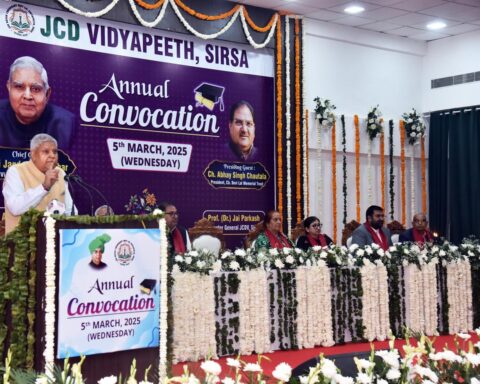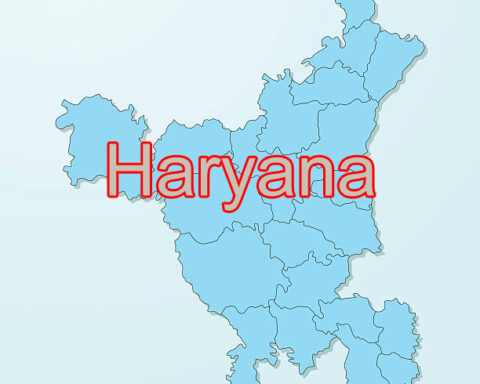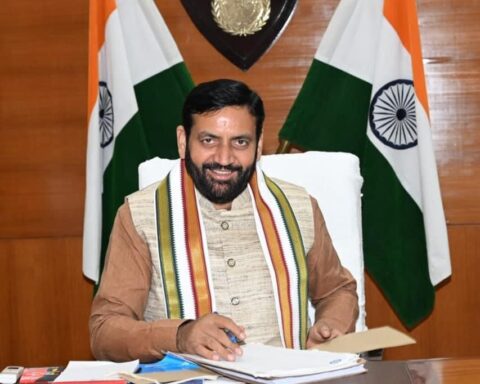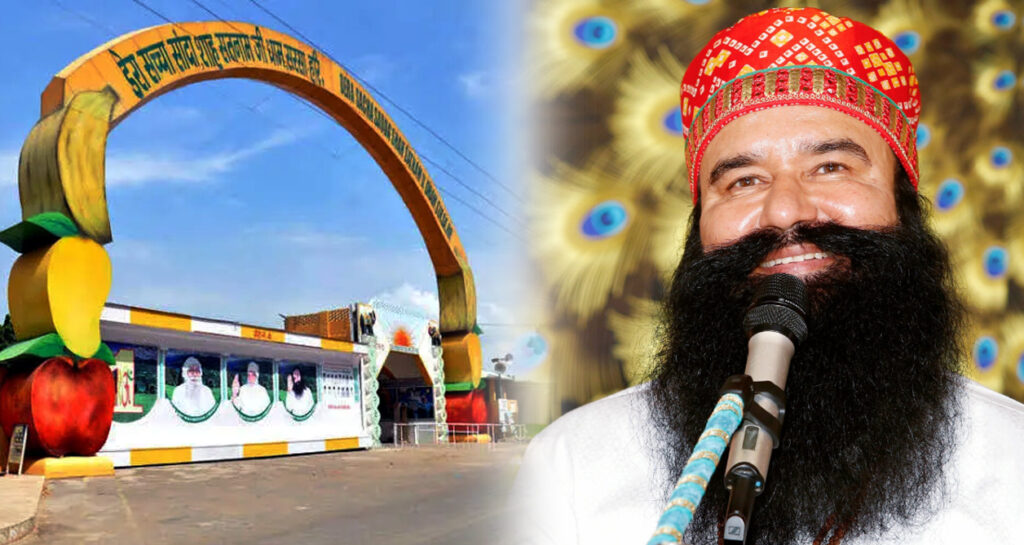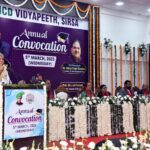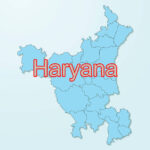New Delhi/TNF
In a landmark ruling, the Supreme Court addressed a critical question: whether asking voters for support based on religion constitutes corrupt practice under Section 123(3) of the Representation of the People Act, 1951. This section deals with corrupt practices during elections, and various court decisions have clarified how religious appeals can harm secularism and the integrity of elections.
Key Court Decisions on Religion and Election Conduct
- Jagdev Singh Sidhanti vs. Pratap Singh Daulta (1964)
In this early case, the Supreme Court’s Constitution Bench ruled that if a candidate appeals to voters based on their personal identity, such as language, it would be considered corrupt under Section 123(3). However, appeals for preserving a language for general welfare were not considered corrupt. This decision laid the foundation for future cases regarding appeals based on religion. - Kultar Singh vs. Mukhtiar Singh (1964)
In this case, the court took a broader interpretation of Section 123(3). It ruled that appeals based on religion, race, caste, or language are considered corrupt practices. The court emphasized the need to keep India’s secular democratic process free from religious or communal influence to maintain the sanctity of elections. - Kanti Prasad Yagnik vs. Purushottamdas Patel (1969)
Here, the court provided a narrower interpretation. It ruled that a candidate or their supporters could appeal against a party based on religion, but this would only be considered corrupt if the appeal related to the candidate’s religion. This decision created a distinction between appeals based on religion generally and appeals based on the candidate’s personal religion. - Ramesh Yashwant Prabhu vs. Prabhakar Kashinath Kunte (1996)
In this decision, written by Justice J.S. Verma, the court further narrowed its interpretation. It stated that references to religion during an election campaign would only be considered corrupt if related to the candidate’s religion. The court clarified that the word “his” in Section 123(3) referred only to the candidate’s religion, not the voters’. However, this decision was criticized for not aligning with the broader intent of the law. - Narayan Singh vs. Sundarlal Patwa (2003)
This case discussed the anomalies created by the 1961 amendment to Section 123(3). The court noted that removing the word “systematic” broadened the scope of the provision, but adding the word “his” limited its impact. The amendment aimed to curb communal and separatist tendencies, but the earlier rulings limited its effectiveness. The case was referred to a larger bench for further clarity. - Abhiram Singh vs. C.D. Commachen (2017)
This case marked a turning point in how the court viewed religious appeals. A seven-judge Constitution Bench overruled previous narrow interpretations like those in the Ramesh Yashwant Prabhu case. The court ruled that any appeal made in the name of religion—whether related to the candidate’s or the voters’ religion—would be considered corrupt practice. This decision aligned with the law’s intent to prevent divisive tactics during elections.
The Supreme Court’s evolving interpretation of Section 123(3) has ensured that India’s election process remains secular. Initially, the court took a narrow view of the law, allowing for limited appeals based on religion. However, over time, it has adopted a broader, more purposeful interpretation. The 2017 Abhiram Singh case firmly established that religious appeals—whether related to the candidate or voters—are prohibited under election law.
These rulings have far-reaching implications, protecting the integrity of India’s elections and ensuring that religion cannot be exploited for political gain. By maintaining a clear separation between religion and politics, the court has upheld India’s commitment to being a secular and democratic state.

